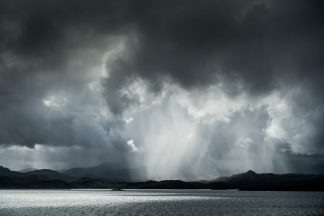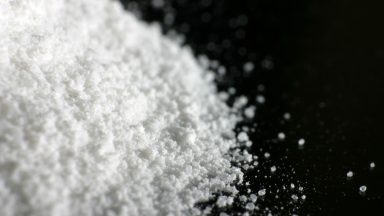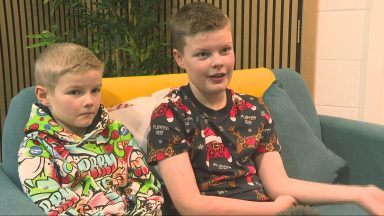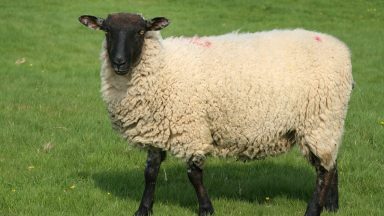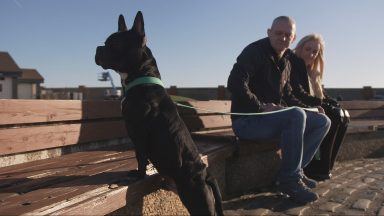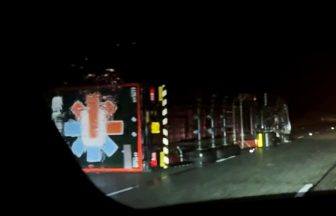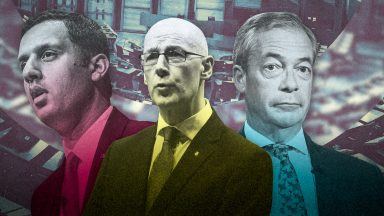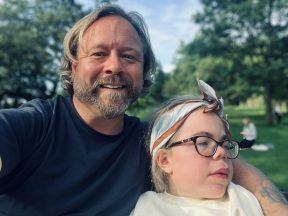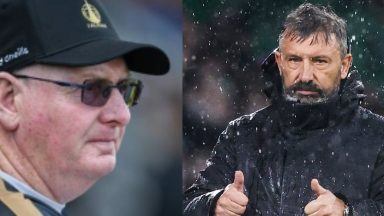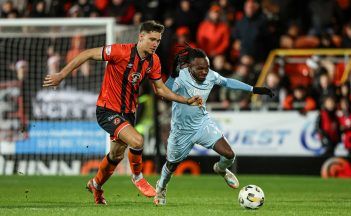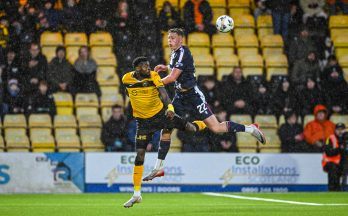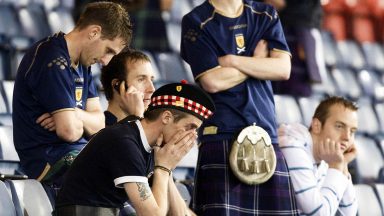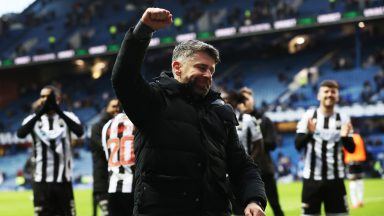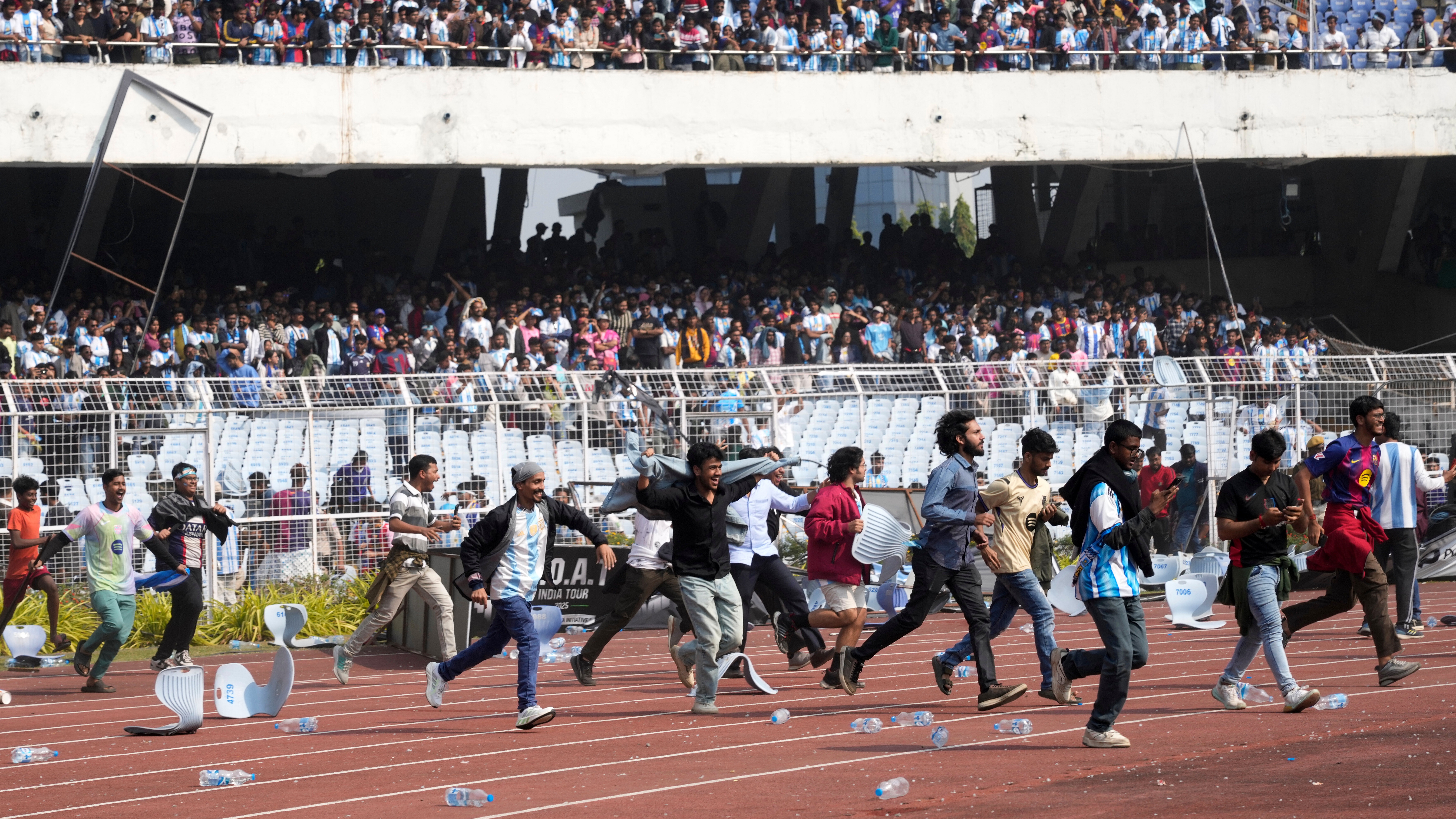Russian and Belarusian athletes will be banned from the Beijing Winter Paralympics after the International Paralympic Committee reversed its original decision.
The IPC’s announcement on Wednesday that athletes from those countries would be allowed to compete under a neutral flag was met by criticism and the threat of a boycott.
In a statement on Thursday morning, IPC president Andrew Parsons said: “In taking our decision yesterday, we were looking at the long-term health and survival of the Paralympic Movement. We are fiercely proud of the principles and values that have made the Movement what it is today.
“However, what is clear is that the rapidly escalating situation has now put us in a unique and impossible position so close to the start of the Games. Yesterday we said we would continue to listen, and that is what we are doing.”
Parsons said 83 athletes would now be unable to compete, but the decision was taken because of the threat of widespread withdrawals from other countries as well as concerns about safety.
The situation in the athletes village, Parsons said, had “become untenable”.
He said: “In the last 12 hours, an overwhelming number of members have been in touch with us and been very open, for which I am grateful. They have told us that, if we do not reconsider our decision, it is now likely to have grave consequences for the Beijing 2022 Paralympic Winter Games.
“Multiple NPCs (National Paralympic Committees), some of which have been contacted by their governments, teams and athletes, are threatening not to compete.
“Ensuring the safety and security of athletes is of paramount importance to us and the situation in the athlete villages is escalating and has now become untenable.”
At a press conference, Parsons addressed the situation in the village, saying: “We don’t have reports of any specific incidents of aggression or anything like it but the mood in the village, athletes expressing their opinions against the decision we took yesterday, it was becoming a very volatile environment.”
Parsons apologised to athletes from Russia and Belarus, saying: “First and foremost, we have a duty as part of the Paralympic mission, enshrined in the constitution, to guarantee and supervise the organisation of successful Paralympic Games, to ensure that, in sport practised within the Paralympic Movement, the spirit of fair play prevails, violence is banned, the health risk of the athletes is managed and fundamental ethical principles are upheld.
“With this in mind, and in order to preserve the integrity of these Games and the safety of all participants, we have decided to refuse the athlete entries from RPC (Russian Paralympic Committee) and NPC Belarus.
“To the Para athletes from the impacted countries, we are very sorry that you are affected by the decisions your governments took last week in breaching the Olympic Truce. You are victims of your governments’ actions.
“I hope and pray that we can get back to a situation when the talk and focus is fully on the power of sport to transform the lives of persons with disabilities, and the best of humanity.”
Parsons said the IPC was braced for legal action from Russia and Belarus and that officials were working with the two delegations to get their athletes back home as soon as possible.
He admitted his organisation had been taken aback by the strength of the reaction, saying: “Of course we realised that some NPCs would not like it, that some athletes would not like the decision. But I would say the magnitude of the reaction, and the escalation and the trend, it was a surprise for us.
“Some NPCs have written letters to us. None of them said, ‘If Russia and Belarus participate, we are out’. They say, ‘We think you should do that’. That’s very different from what is happening since yesterday’s decision. It’s a very rapid escalation that we did not think was going to happen.”
Culture Secretary Nadine Dorries, who had criticised the initial decision, said on Thursday morning: “I am pleased that the IPC has now come to the right decision, and answered our call to ban Russian and Belarus athletes in response to Putin’s barbaric, senseless invasion.
“The welfare of all the other competing athletes is of upmost importance and we are pleased the IPC also recognise that. The whole country will be fully behind our ParalympicsGB team at the Games.
“I will discuss the international sporting response and further measures we can take to isolate the Russian regime with my international counterparts later today.”
The Department for Digital, Culture, Media and Sport (DCMS) has said the UK Government plans to create a European coalition with the aim of putting pressure on Russia.
The DCMS said the coalition’s goals include stripping Russia and Belarus of hosting rights for international sporting events and banning their teams and athletes from international competition.
On Wednesday DCMS minister Nigel Huddleston tweeted: “The Secretary of State at DCMS @NadineDorries and I continue to work with other governments and sports bodies at home and abroad to exert maximum pressure on the Putin regime.”
The BPA had reiterated its view on Wednesday that allowing Russian and Belarusian athletes to compete was not “compatible with the objectives of the Paralympic movement”.
IPC president Parsons said on Wednesday that any decision to suspend the Russian and Belarusian Paralympic Committees would have been overturned under German law, which governs the actions of the international federation.
However, the sheer weight of pressure from other NPCs threatening to boycott has now forced a change of approach.
The International Olympic Committee’s executive board recommended international sports federations and event organisers should exclude Russian and Belarusian athletes, teams and officials “wherever possible”.
Where this was not possible, the IOC board suggested such athletes compete as neutrals.
Follow STV News on WhatsApp
Scan the QR code on your mobile device for all the latest news from around the country




